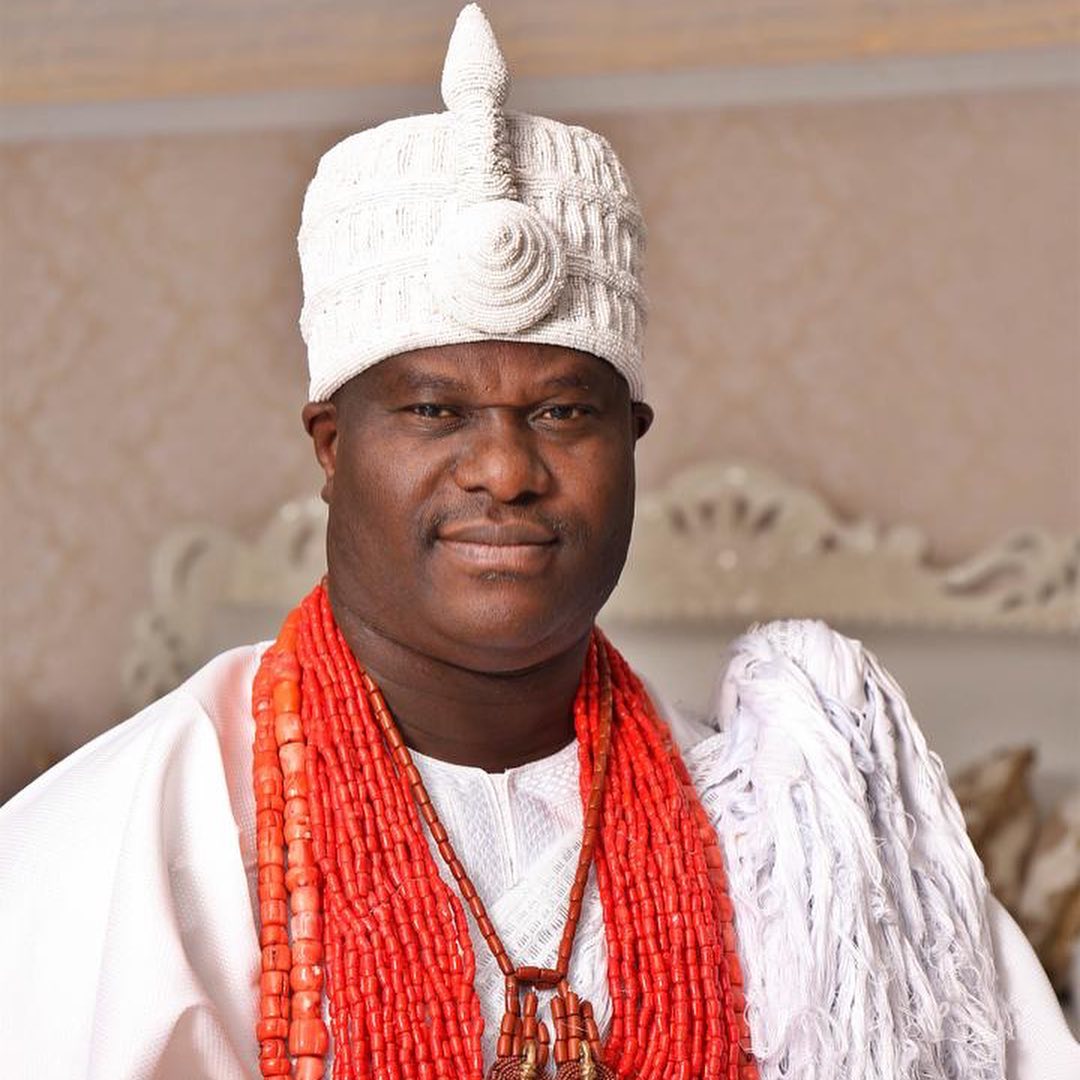Why Olojo Festival
The Yoruba civilization, and the Olojo Festival, an ancient celebration, embodies the rich cultural and spiritual heritage of the Yoruba people.
The word Olojo translates to “Owner of the Day,” and the festival commemorates the creation of the universe according to Yoruba mythology, paying tribute to Ogun, the god of iron, war, and labor. This celebration holds deep historical, spiritual, and cultural importance to the Yoruba people and draws participants from across the world.
1. Celebrating Ogun, the God of Iron and Labor
The Olojo Festival is primarily dedicated to Ogun, one of the most significant deities (orishas) in Yoruba mythology. Ogun is known as the god of iron, war, and hard work. He is revered as the protector of warriors, blacksmiths, and all those whose work depends on the use of iron and metal. The festival celebrates the power of Ogun in shaping the world and the human ability to transform raw materials into tools, signifying progress and industrialization.
During the festival, Ogun’s presence is invoked to bless the community with protection, strength, and success in various endeavors, particularly in agriculture and warfare. The veneration of Ogun also serves as a reminder of the essential role of labor and craftsmanship in Yoruba society.
2. Reinforcing the Spiritual and Traditional Authority of the Ooni of Ife
One of the most significant aspects of the Olojo Festival is the role of the Ooni of Ife, the paramount ruler and spiritual leader of the Yoruba people. The Ooni is believed to be a direct descendant of Oduduwa, the progenitor of the Yoruba race. During the Olojo Festival, the Ooni enters a period of seclusion, engaging in prayers and rituals to connect with the ancestors and deities.
The highlight of the festival is when the Ooni dons the Aare Crown, an ancient, sacred crown believed to be imbued with spiritual power. This crown is worn only once a year during the Olojo Festival, symbolizing the Ooni’s role as the intermediary between the deities and the people. The Ooni leads a grand procession through the town, blessing the people and invoking divine favor for the year ahead. The act reinforces the traditional authority and spiritual leadership of the Ooni in Yoruba society.
3. Honoring the Creation of the Universe
In Yoruba cosmology, Ile-Ife is regarded as the birthplace of the world and humanity. The Olojo Festival is a celebration of the dawn of creation, a time when the gods descended to create the earth. The festival signifies the moment when the first day was created, and light overcame darkness, symbolizing the triumph of life, order, and civilization.
This spiritual significance is reinforced through various rituals and prayers, where participants seek blessings for health, prosperity, and peace. The festival serves as a time to honor the ancestors, connect with the divine, and realign the community with cosmic forces.
4. Fostering Unity and Social Cohesion
The Olojo Festival serves as a unifying event for the Yoruba people, not just those living in Ile-Ife but from across Nigeria and the diaspora. It is a time when Yoruba sons and daughters return to their ancestral homeland to celebrate their shared heritage and strengthen communal bonds.
The festival fosters social cohesion, as different age groups, guilds, and communities participate in the ceremonies, dances, and processions. The communal aspect of the celebration reinforces the Yoruba value of togetherness (Isokan), which is central to the society’s structure. The festival also serves as a platform for conflict resolution, as disputes are traditionally settled during this period of unity and reconciliation.
5. Cultural Preservation and Tourism
Beyond its spiritual and social importance, the Olojo Festival is a vital tool for cultural preservation. The elaborate rituals, traditional music, costumes, and dances are a showcase of Yoruba heritage. It offers younger generations an opportunity to learn about and participate in the cultural practices of their ancestors, ensuring that these traditions are passed down.
Additionally, the festival draws tourists, scholars, and cultural enthusiasts from all over the world, boosting cultural tourism in Ile-Ife. The influx of visitors helps to promote the local economy and creates awareness about Yoruba traditions on a global scale.
6. Symbol of Resistance and Resilience
The Olojo Festival also symbolizes the resilience of the Yoruba people, particularly in the face of modern challenges. It reflects the Yoruba’s ability to maintain their traditions, culture, and religious practices despite external influences and pressures from globalization. The enduring significance of the festival shows that cultural heritage remains a powerful tool for identity and resistance against cultural erosion.
Conclusion
The Olojo Festival is a profound representation of the cultural and spiritual richness of the Yoruba people. It is a festival that not only commemorates the dawn of creation and pays homage to Ogun, the god of iron, but also strengthens social bonds, reinforces the authority of the Ooni of Ife, and preserves Yoruba heritage. The festival’s significance extends beyond religion and tradition; it is a celebration of identity, unity, and resilience in the face of a rapidly changing world. Through the Olojo Festival, the Yoruba people continue to honor their past while charting a course for the future
Share this content:
